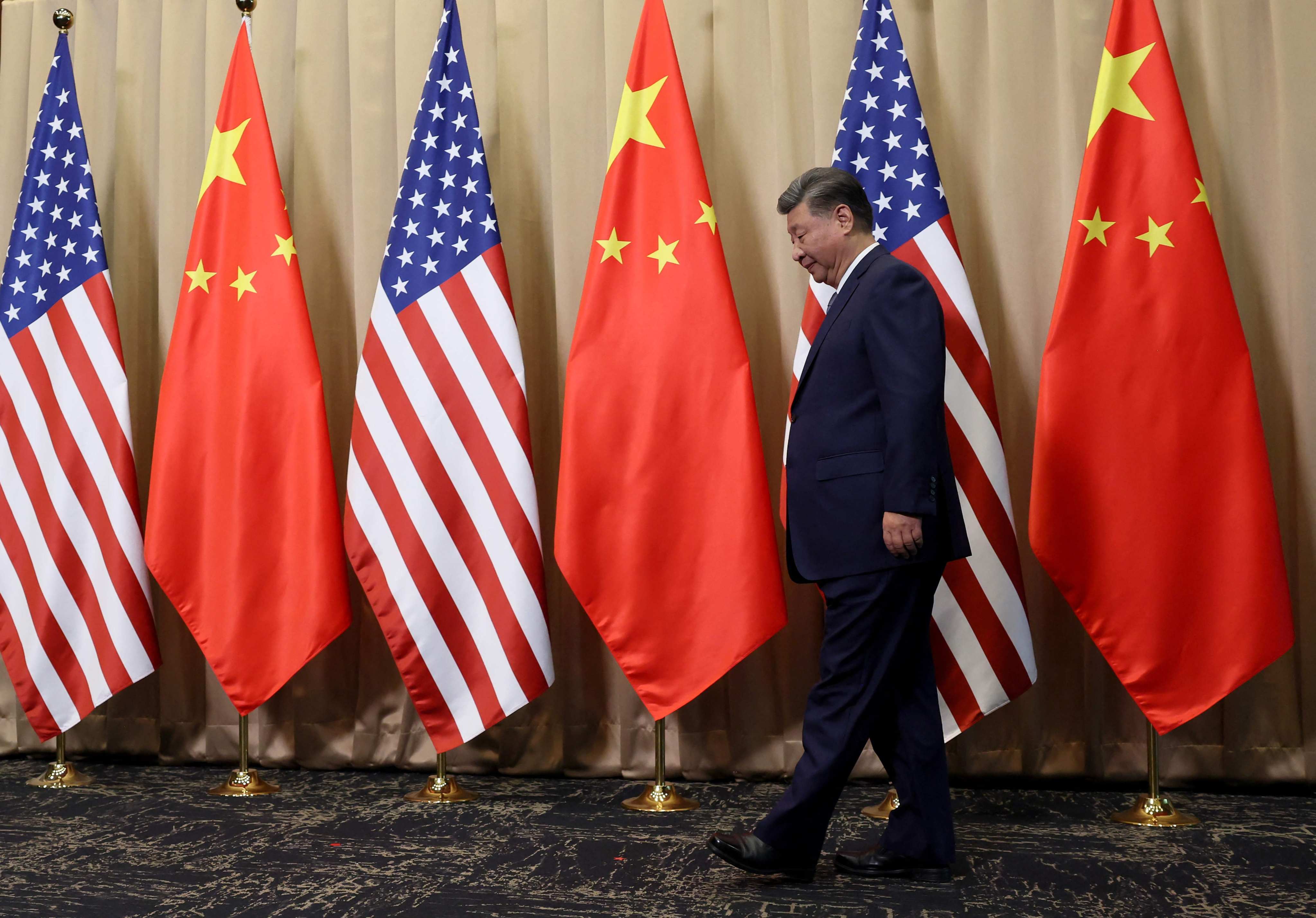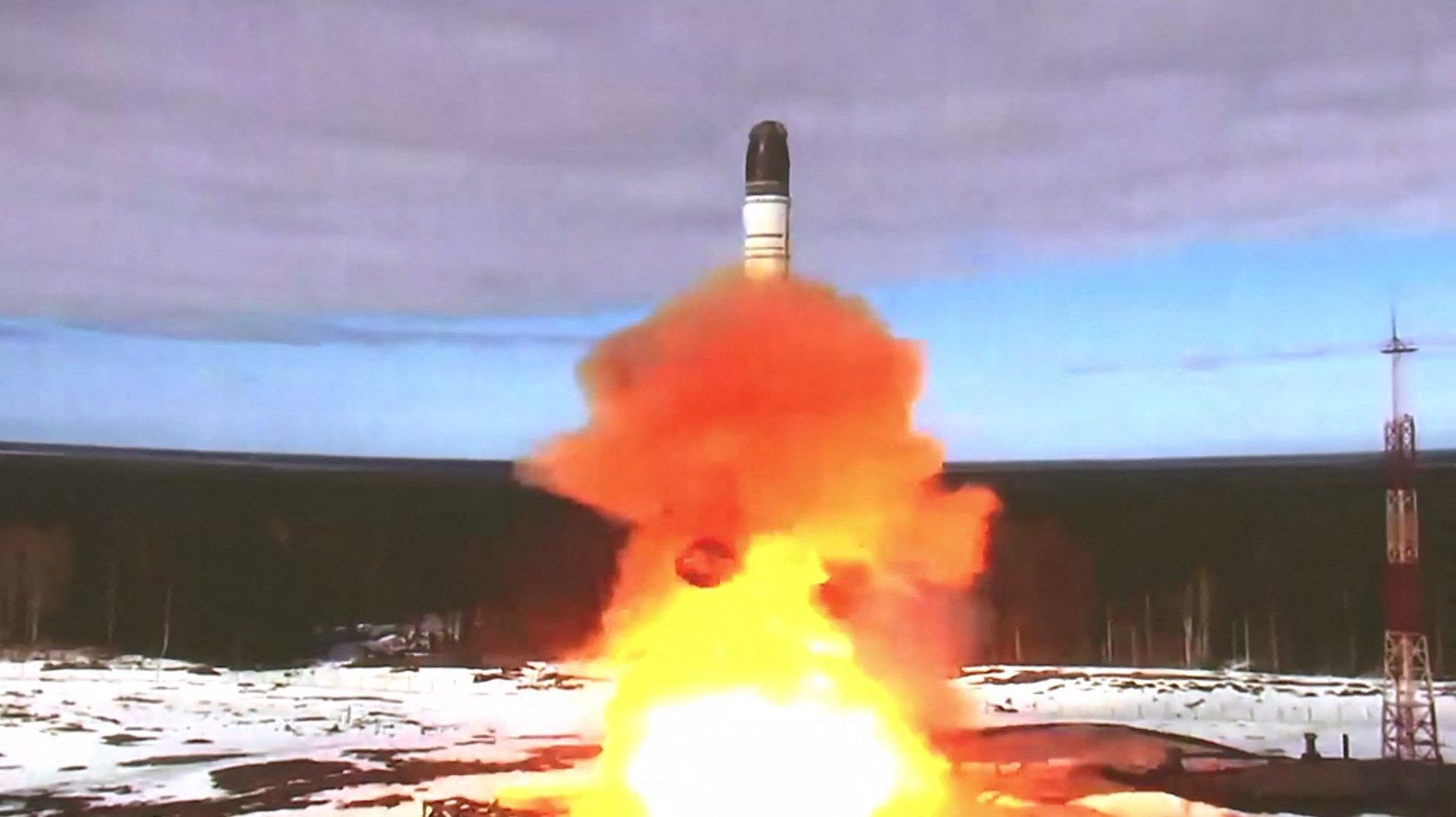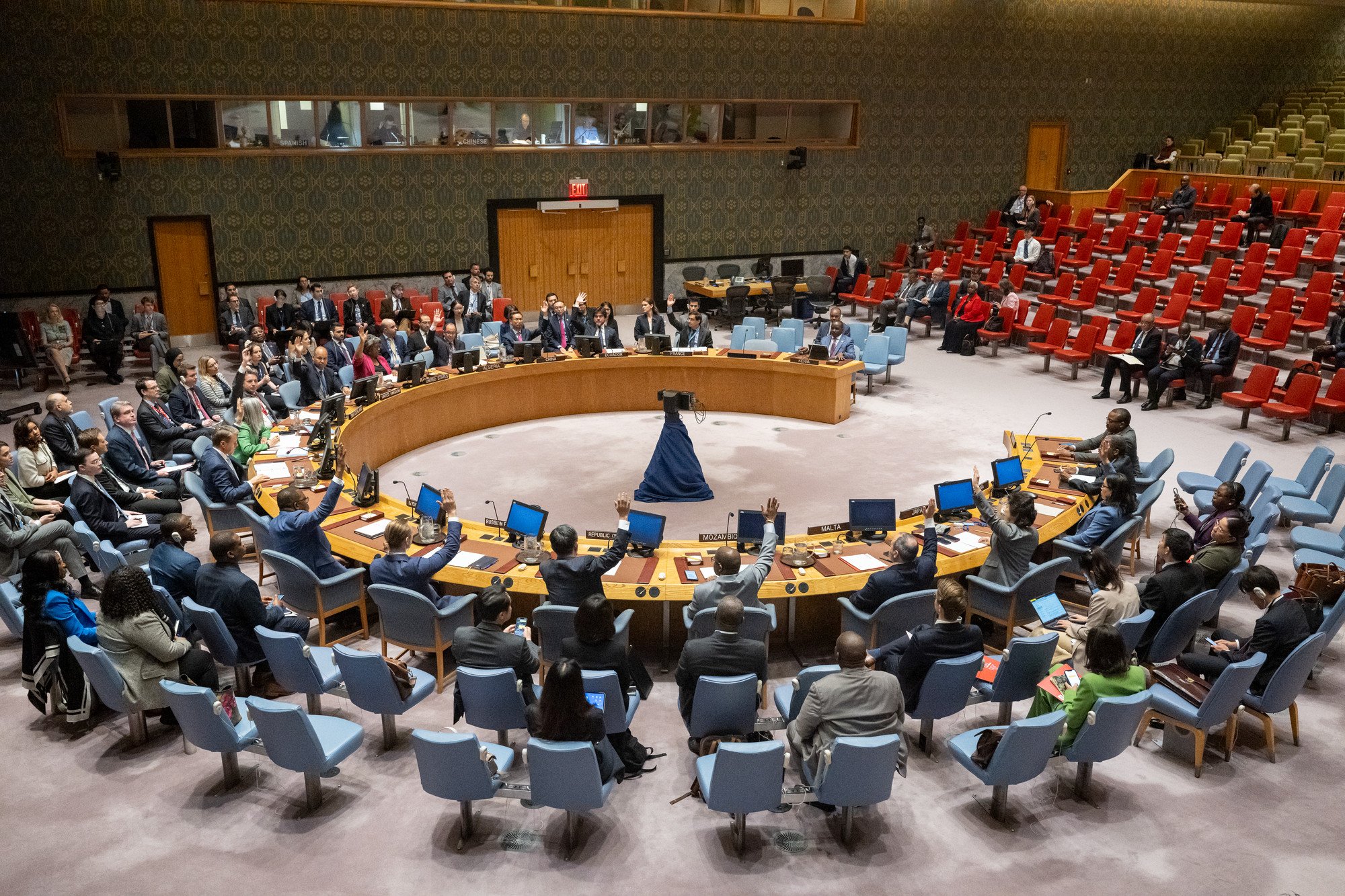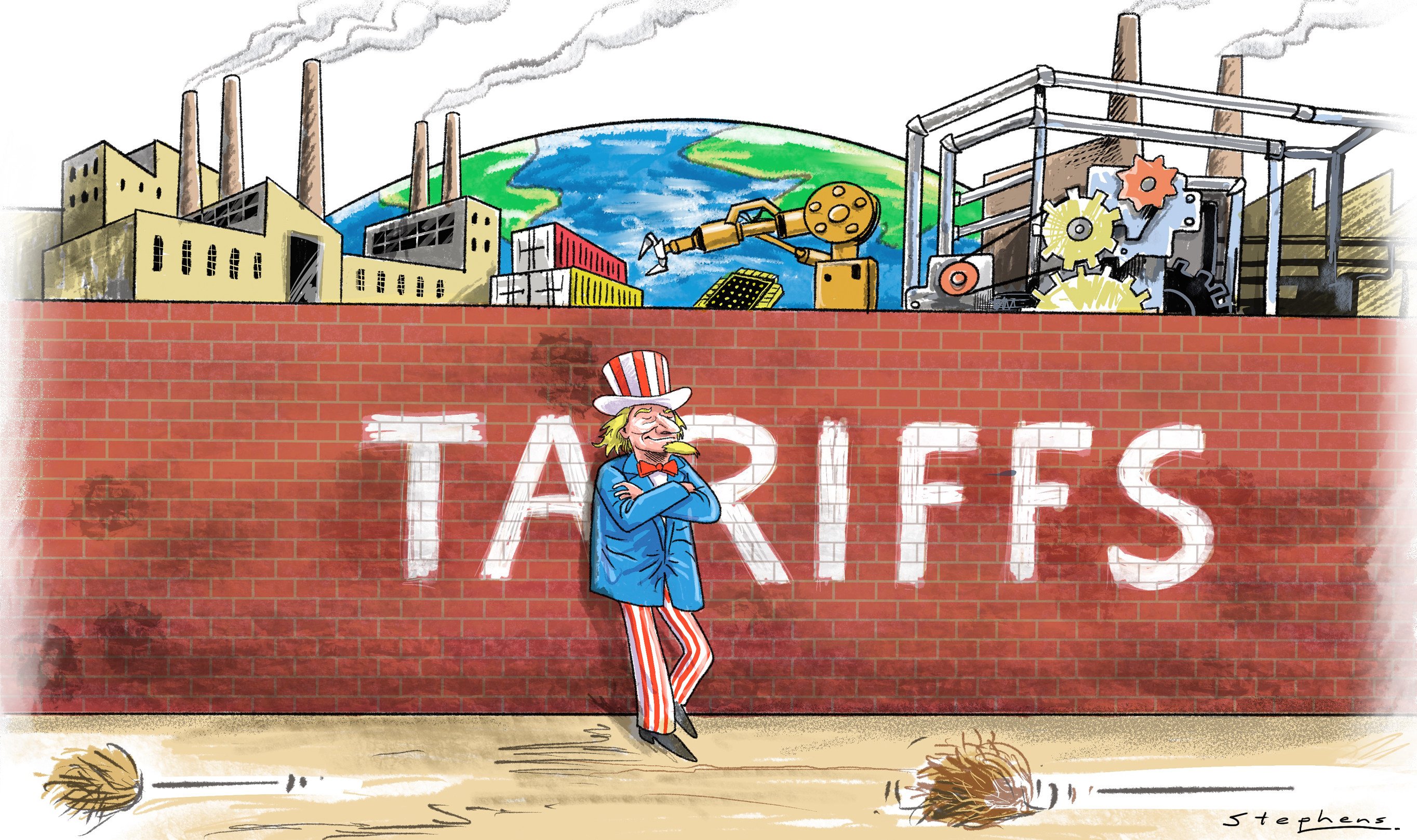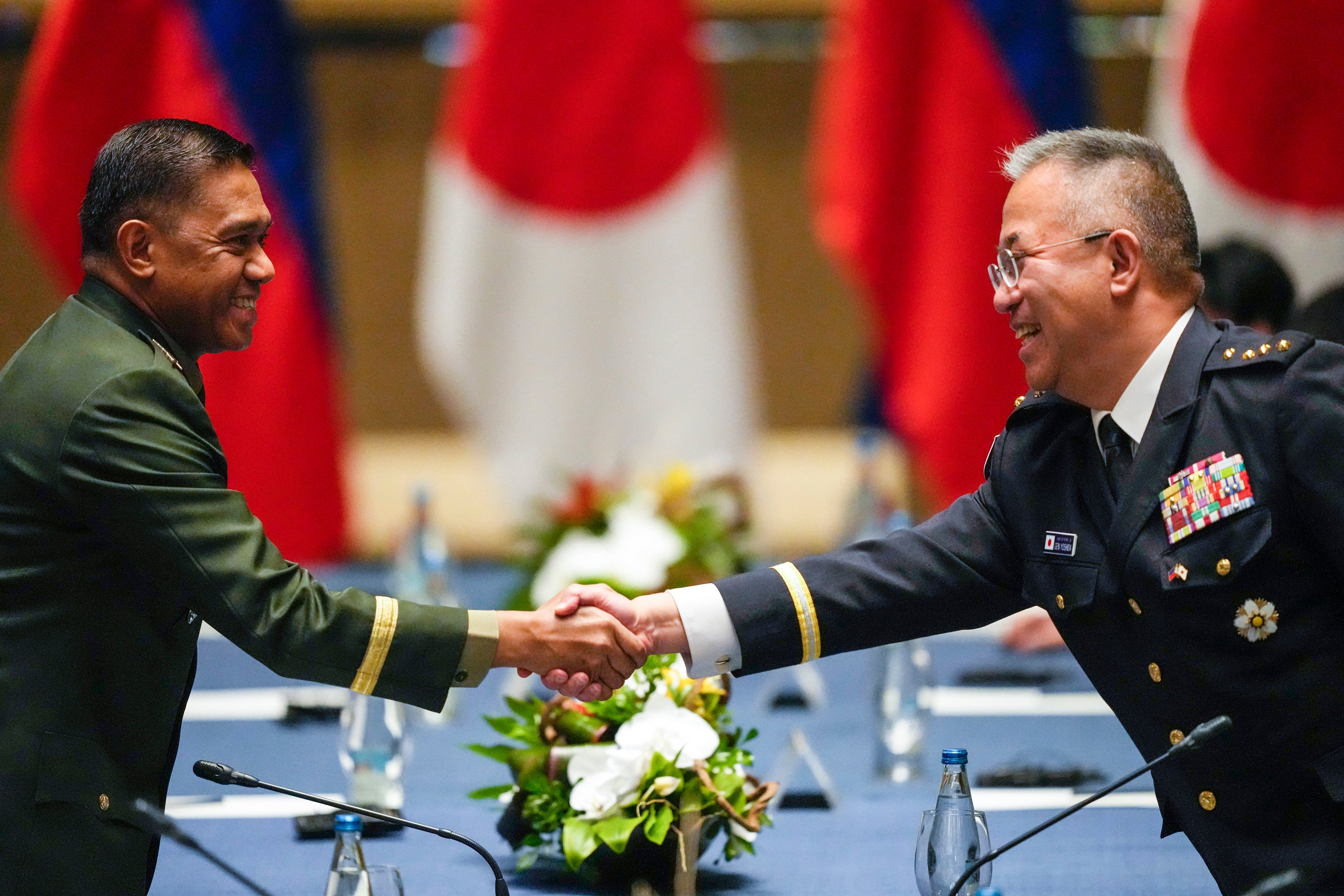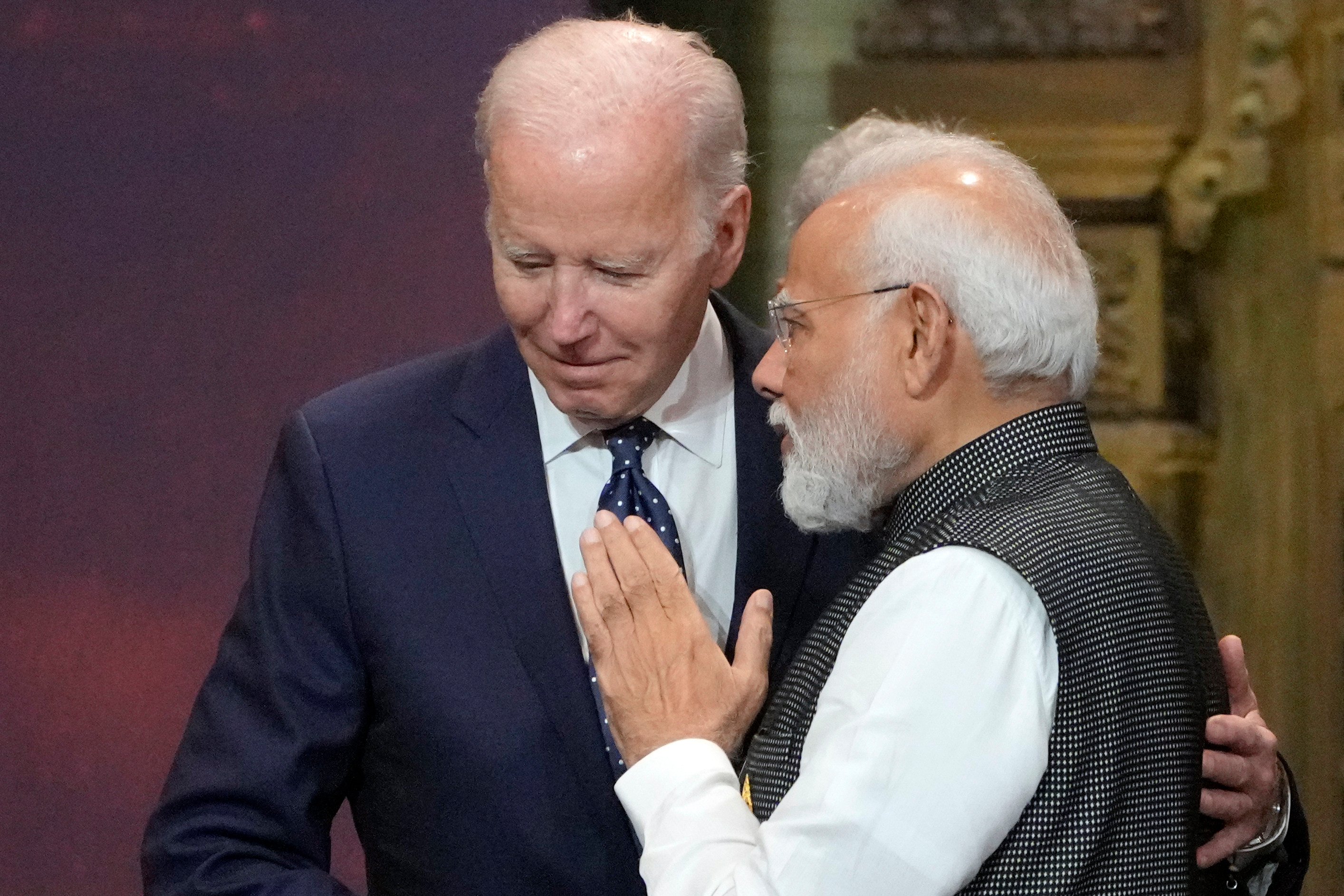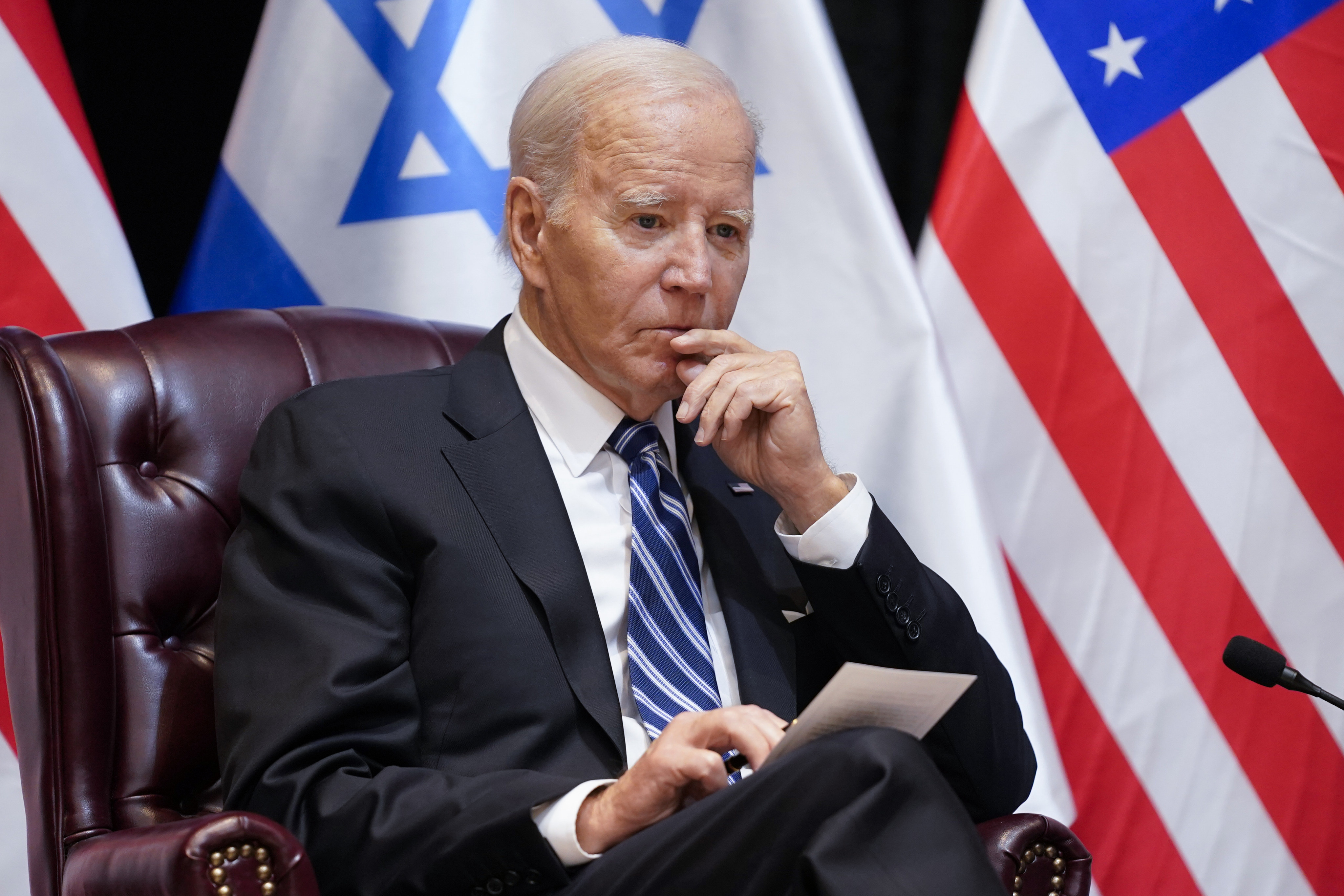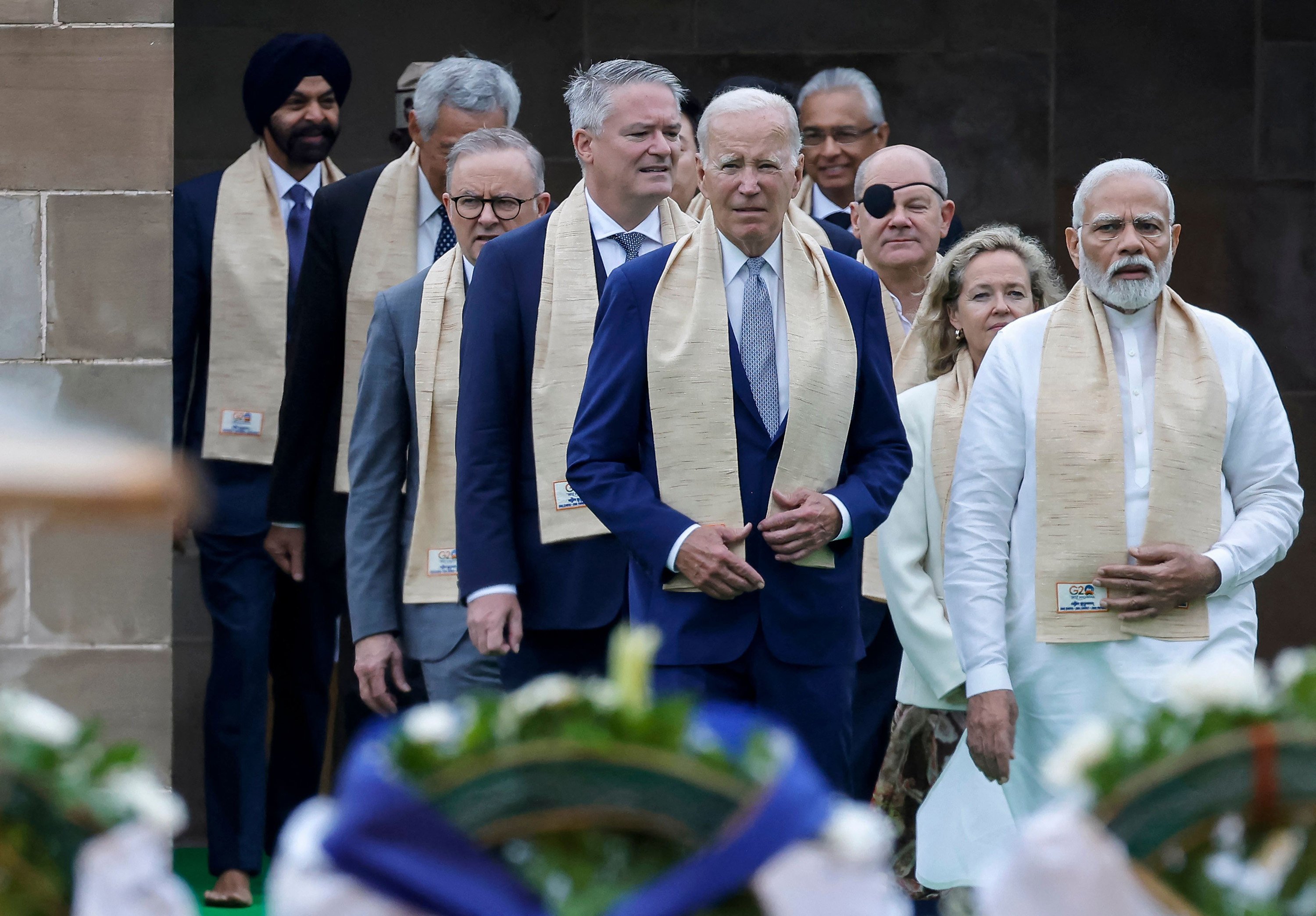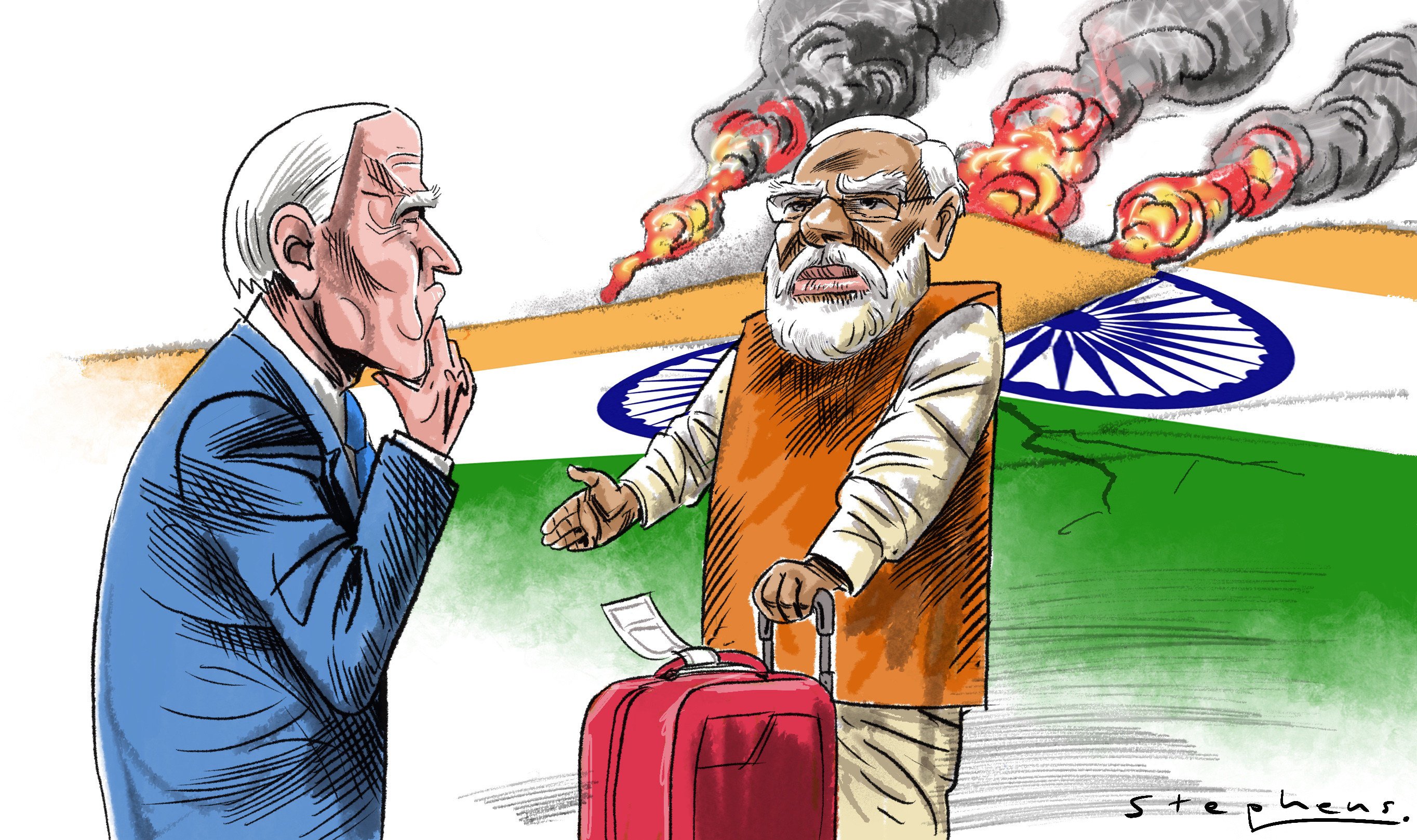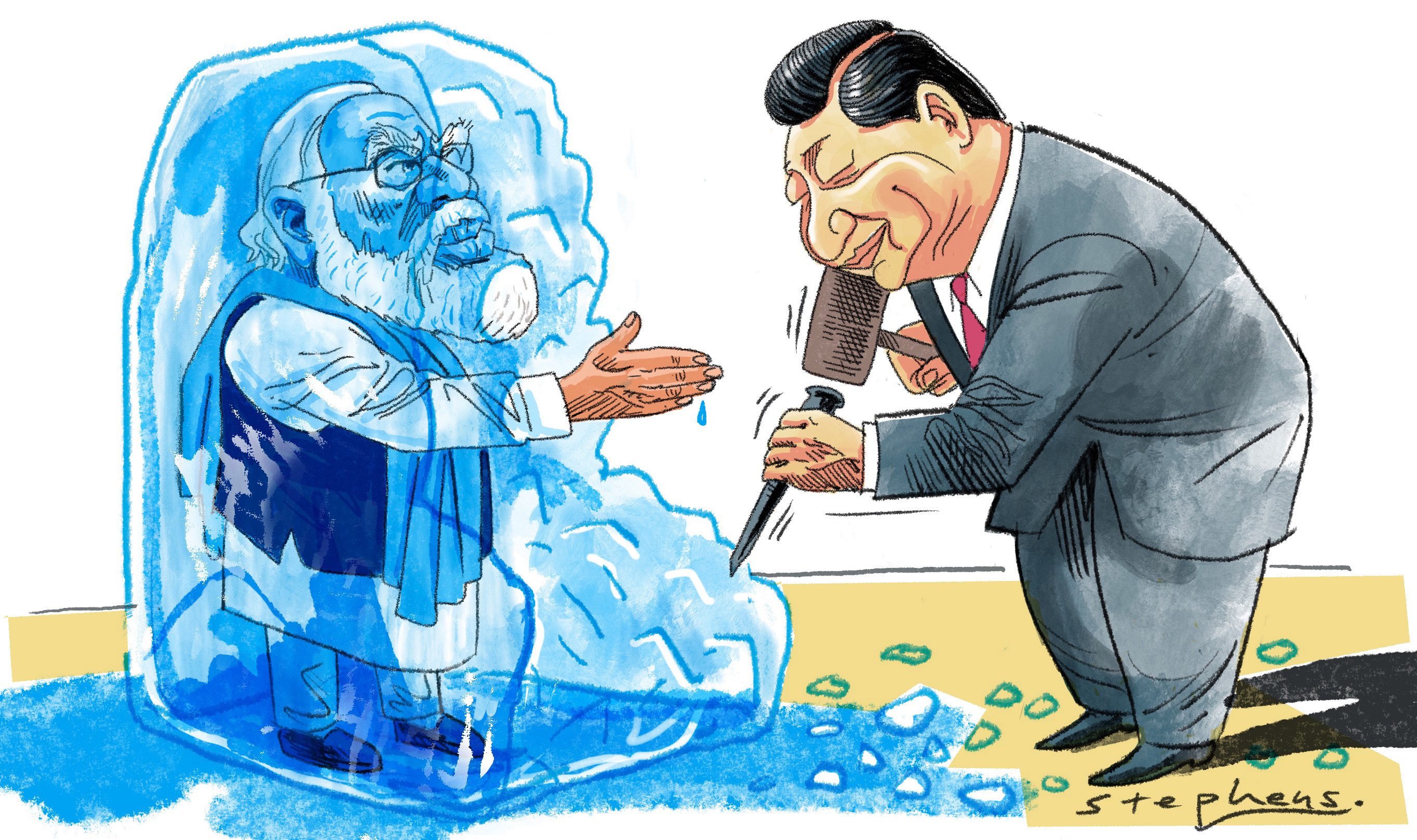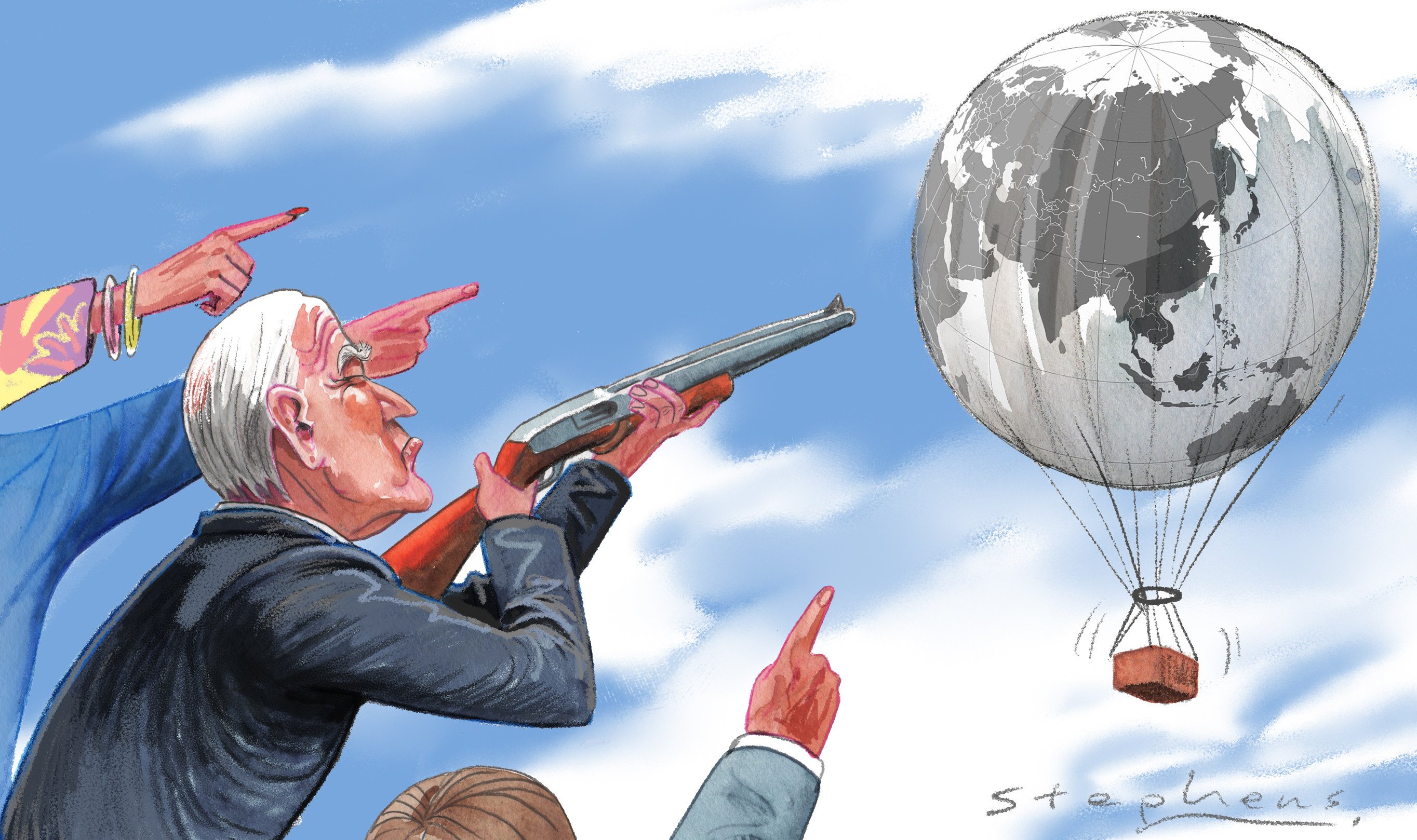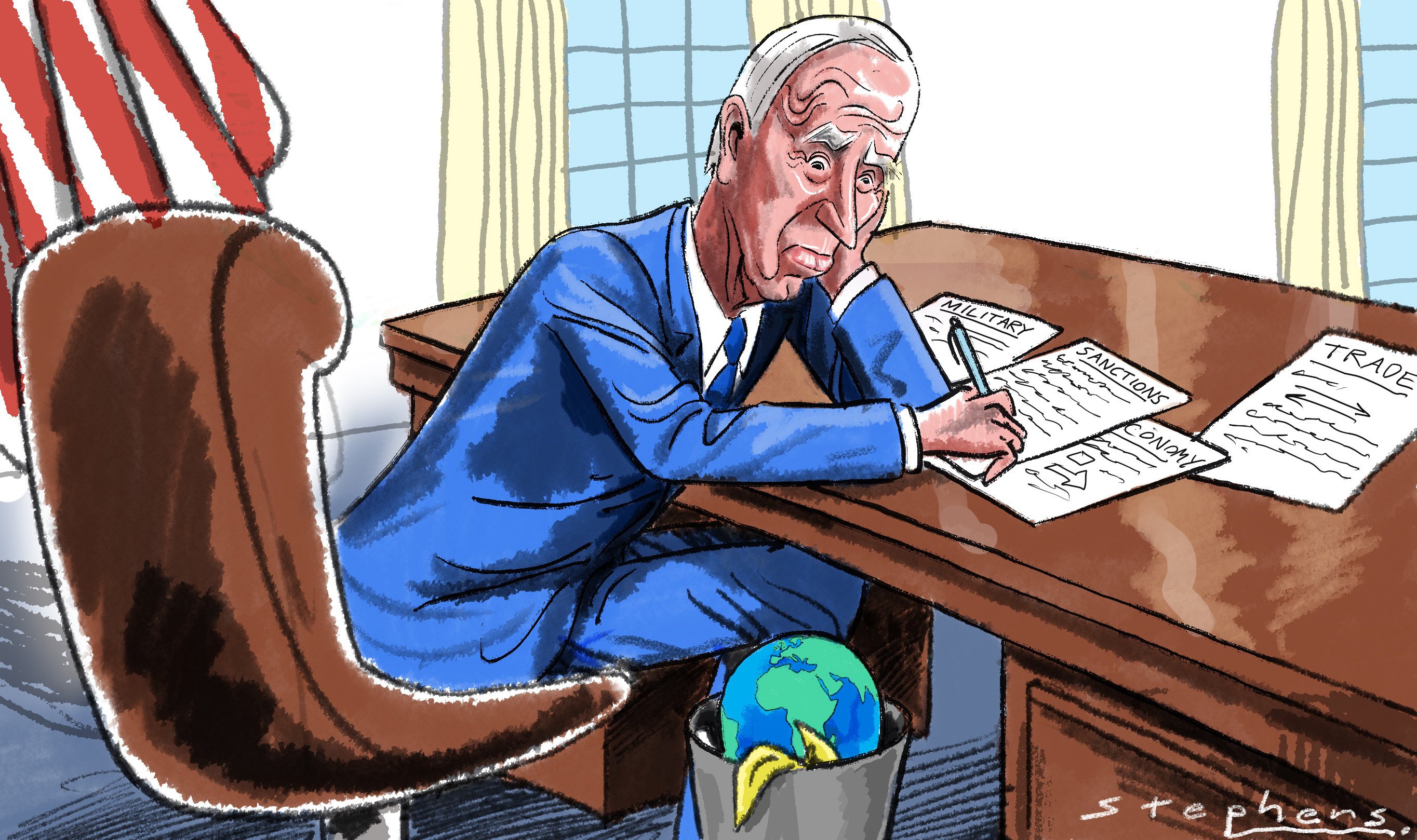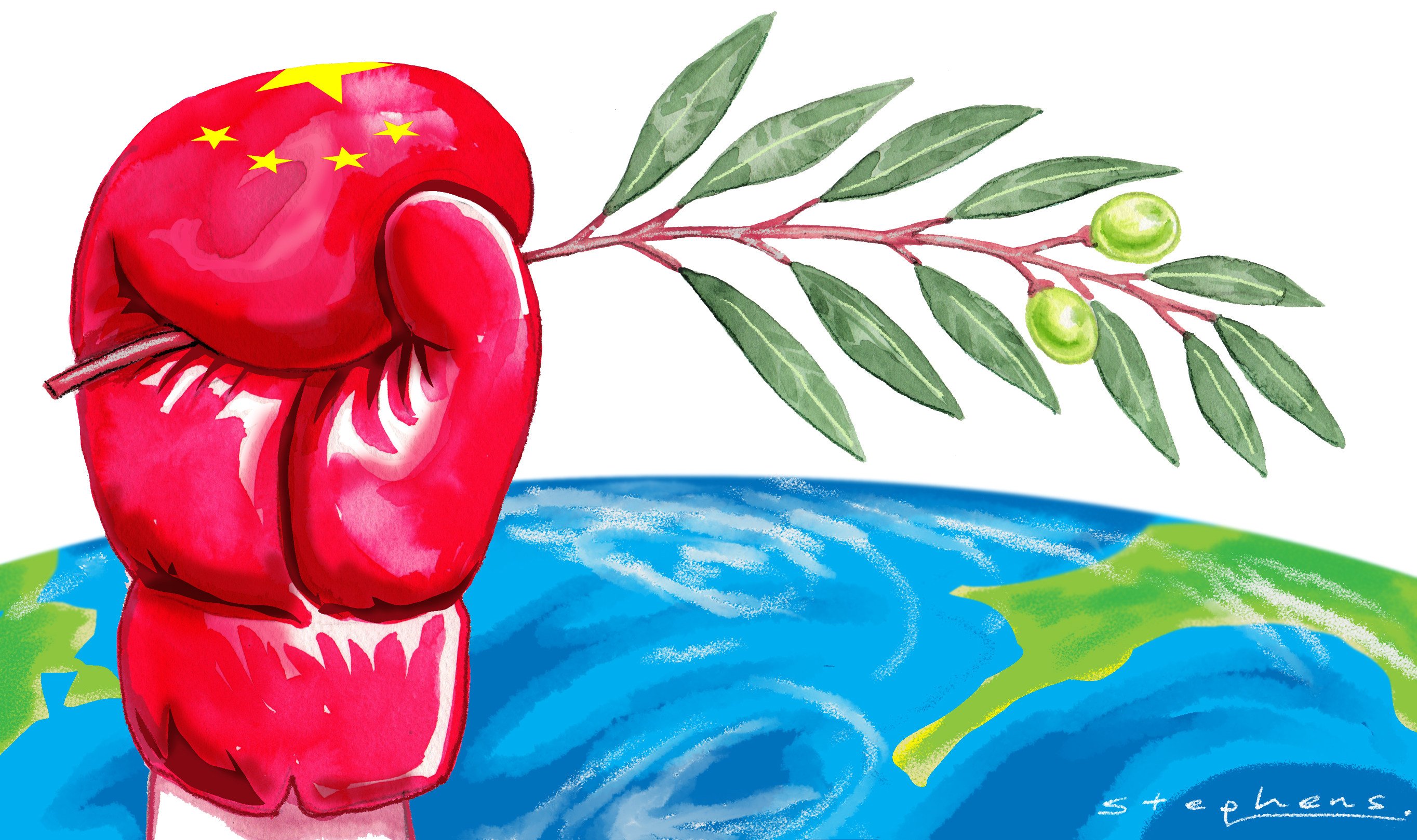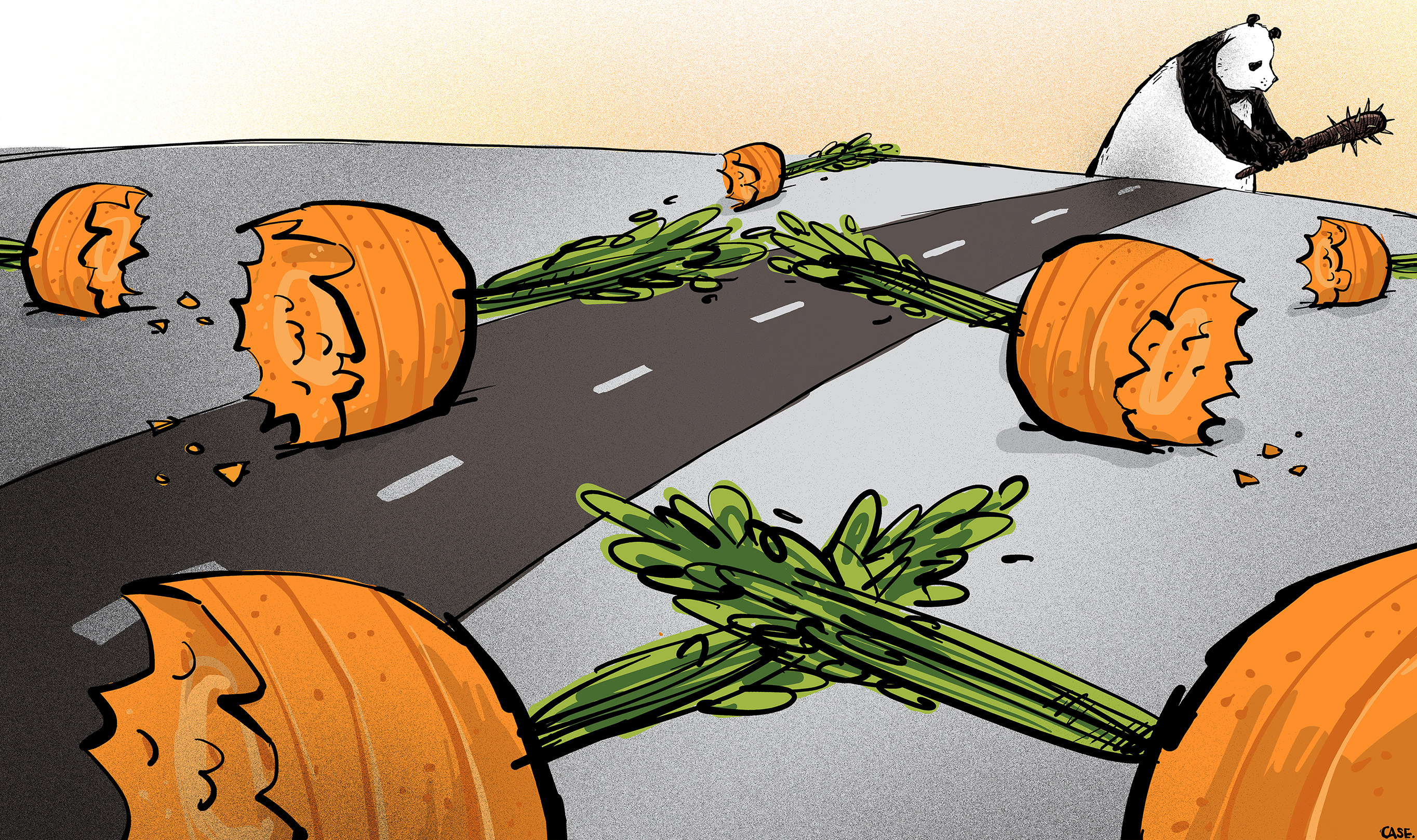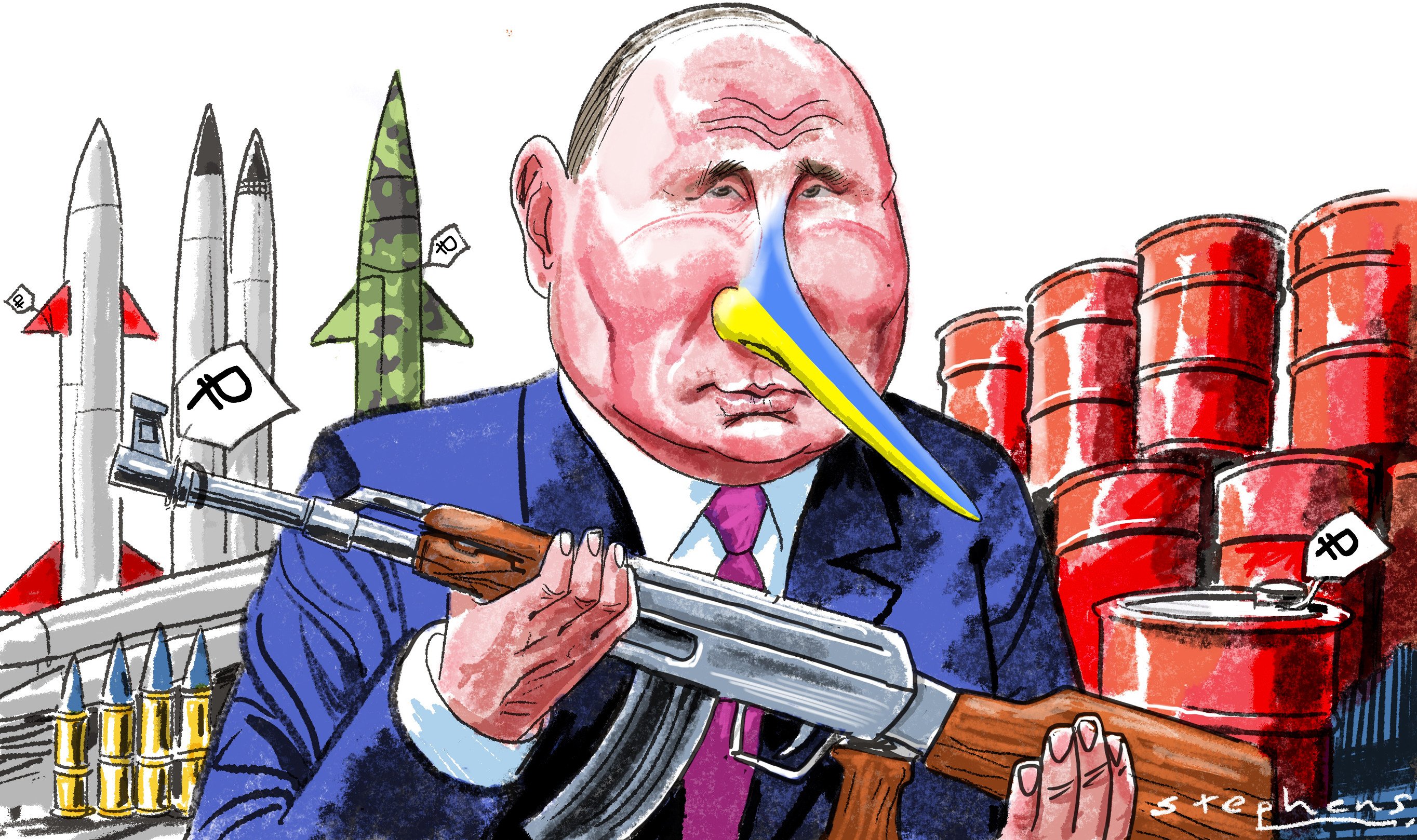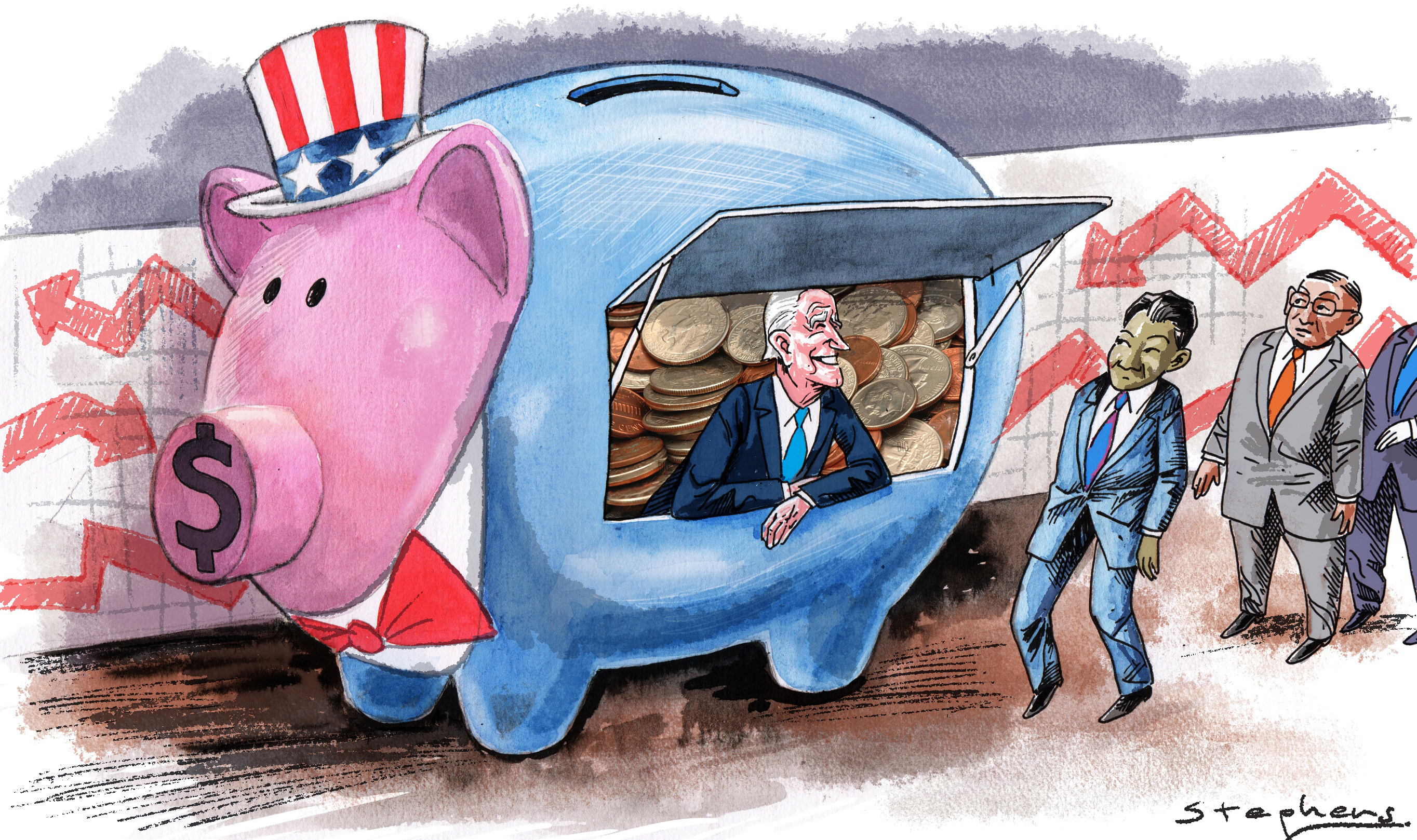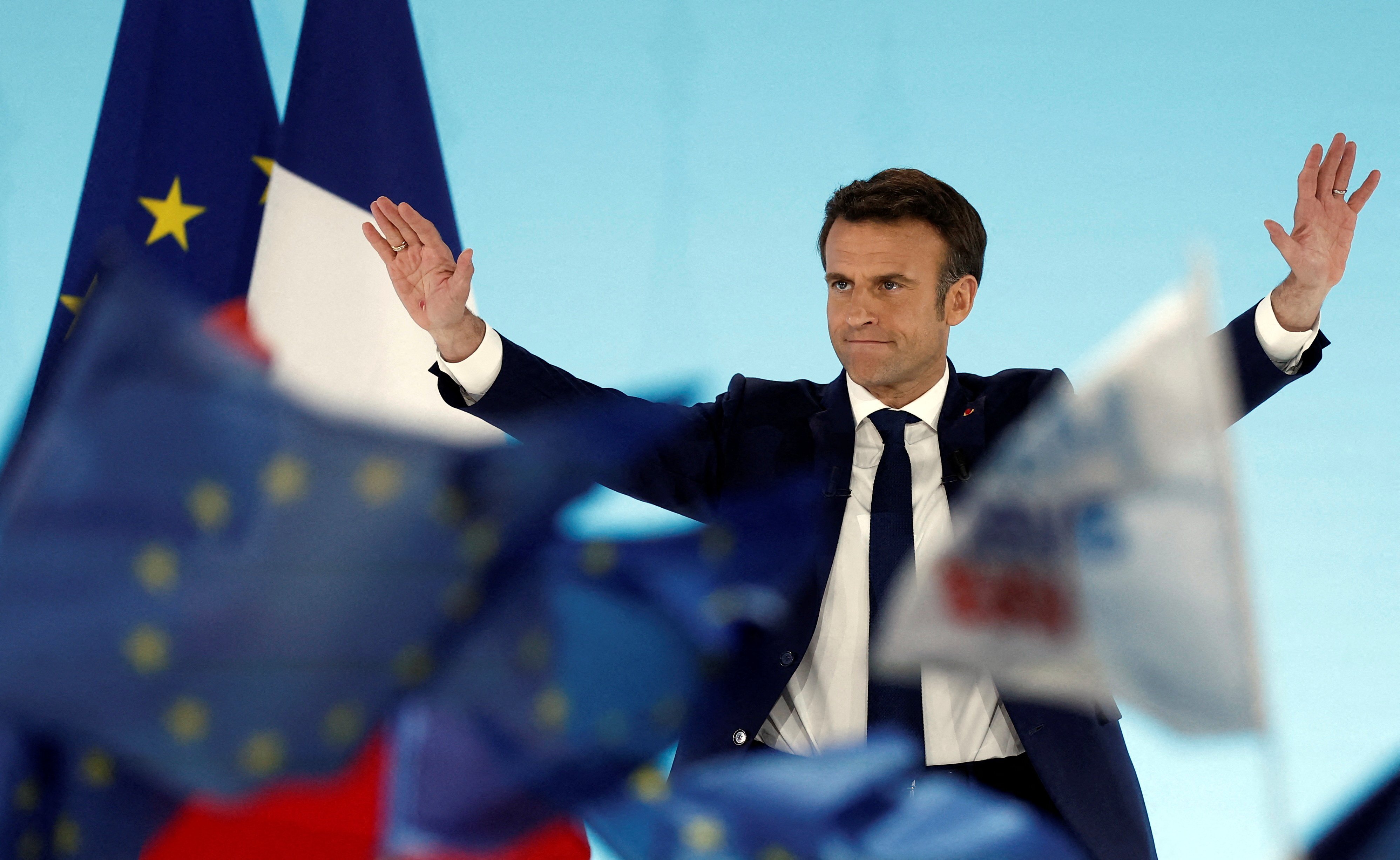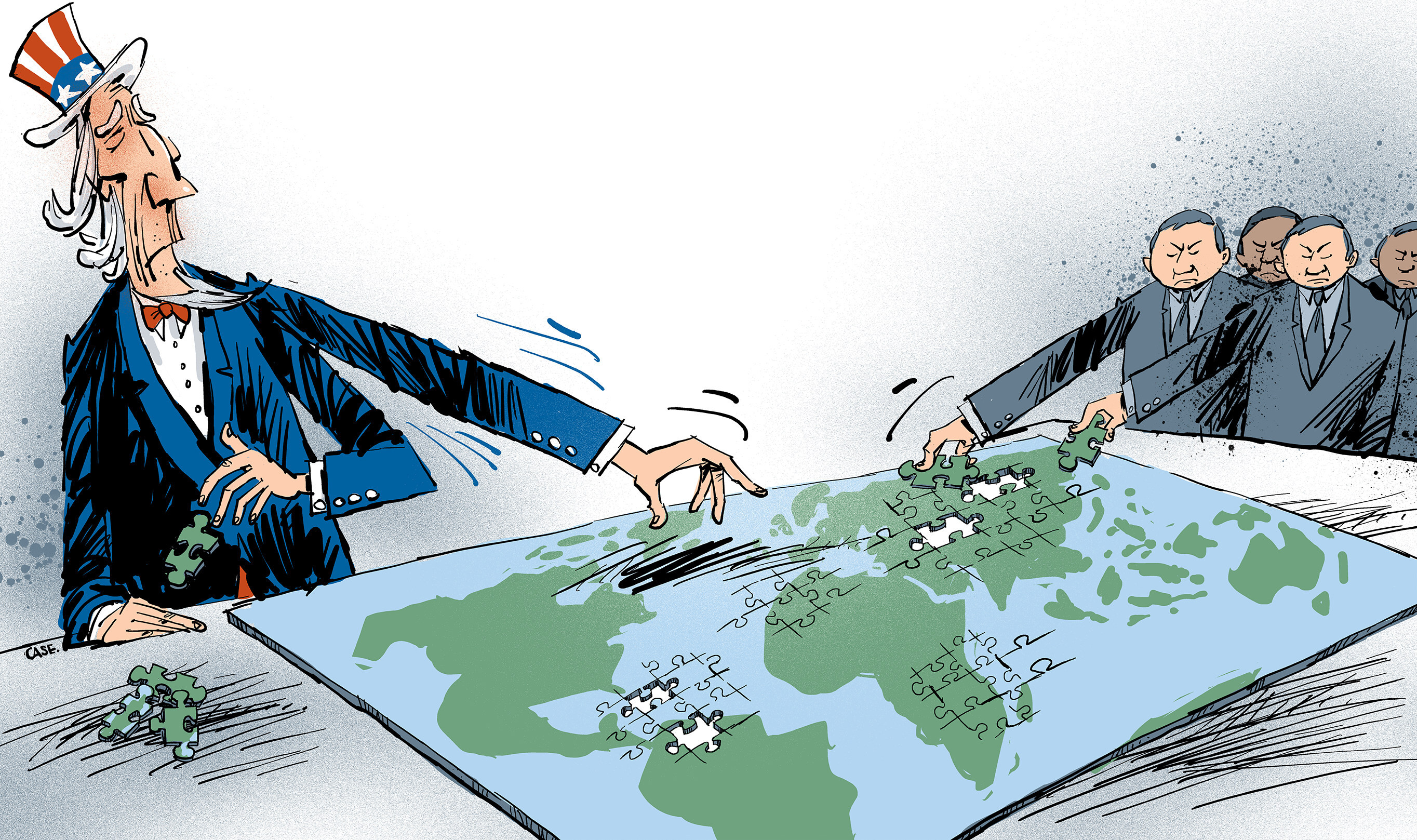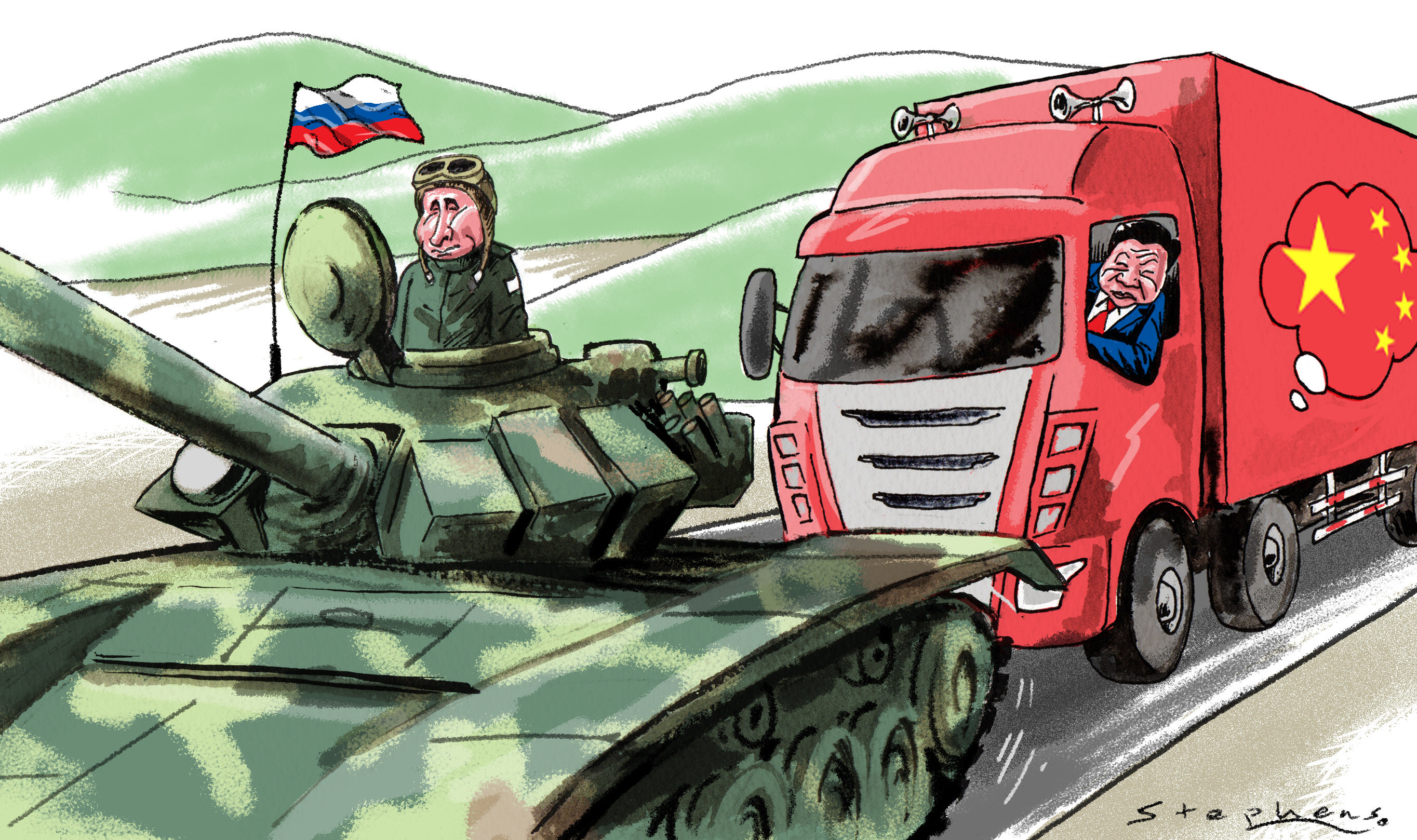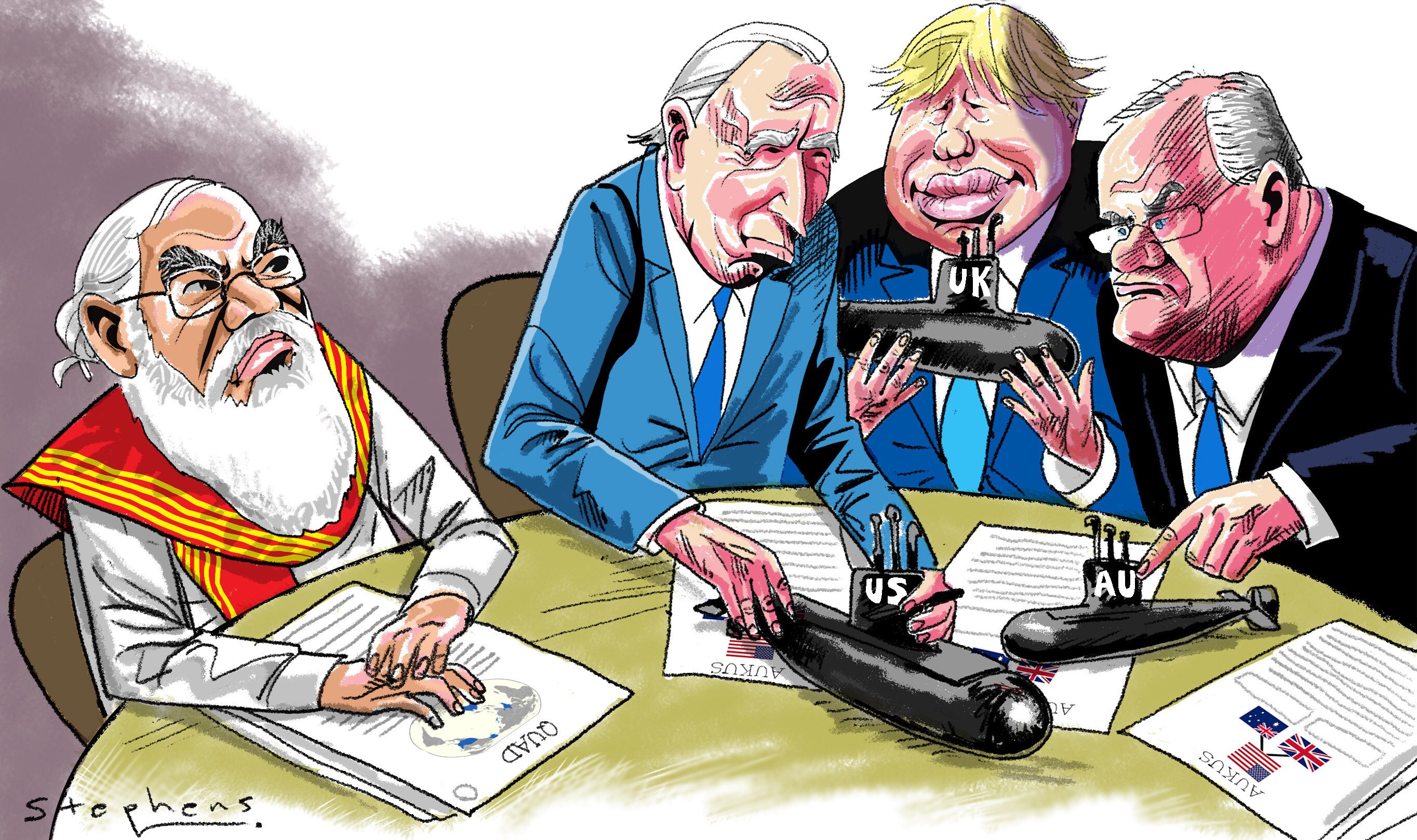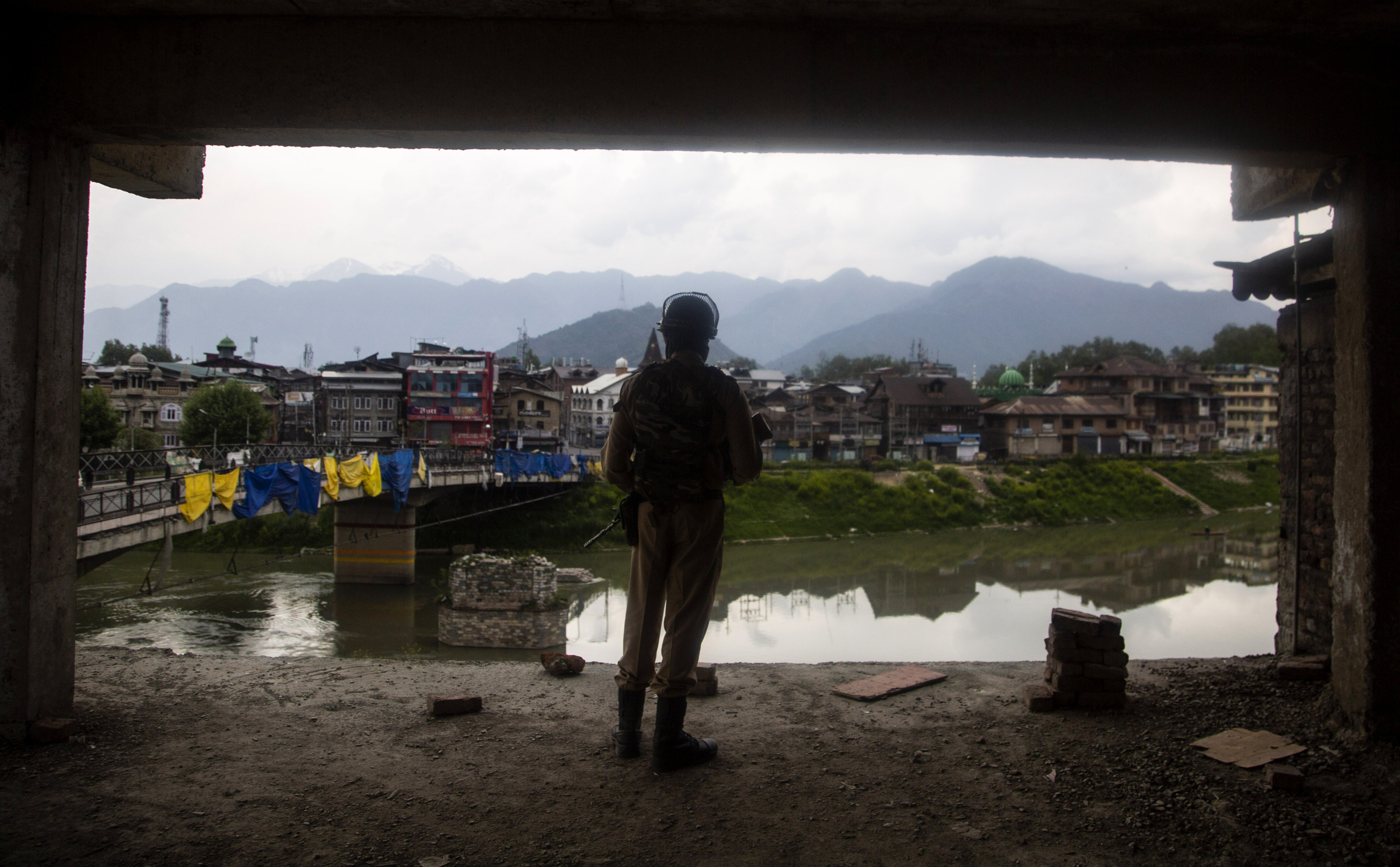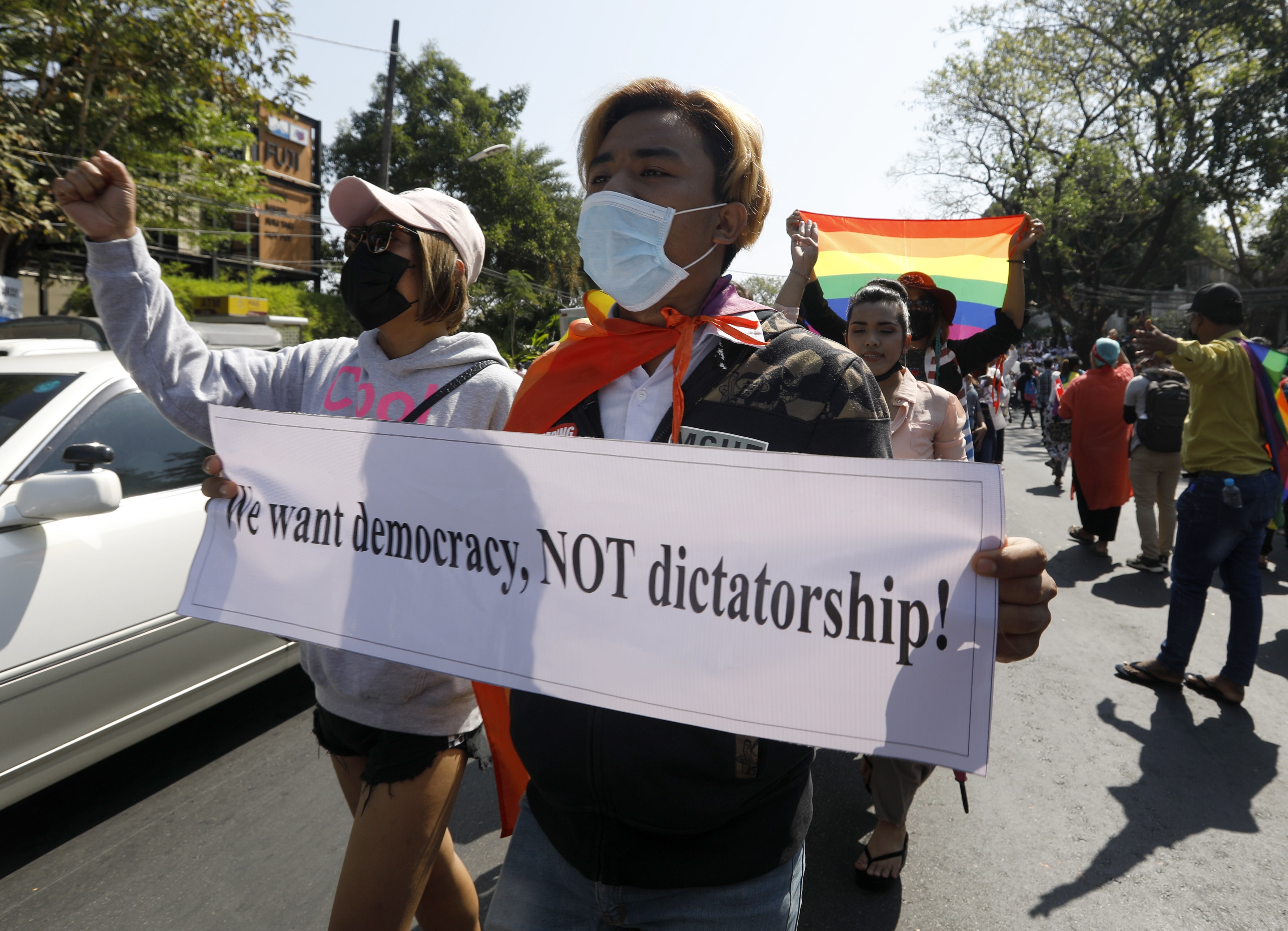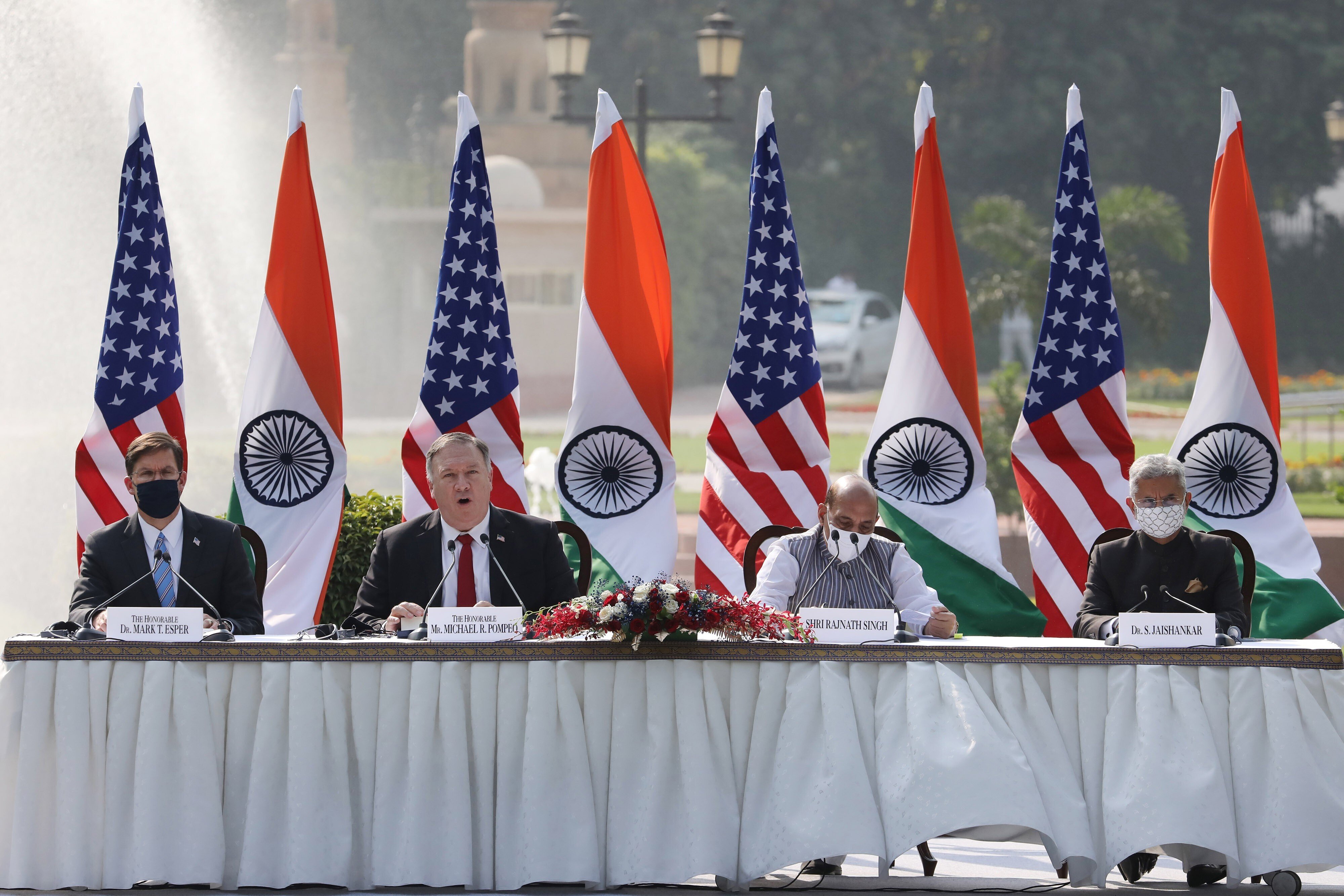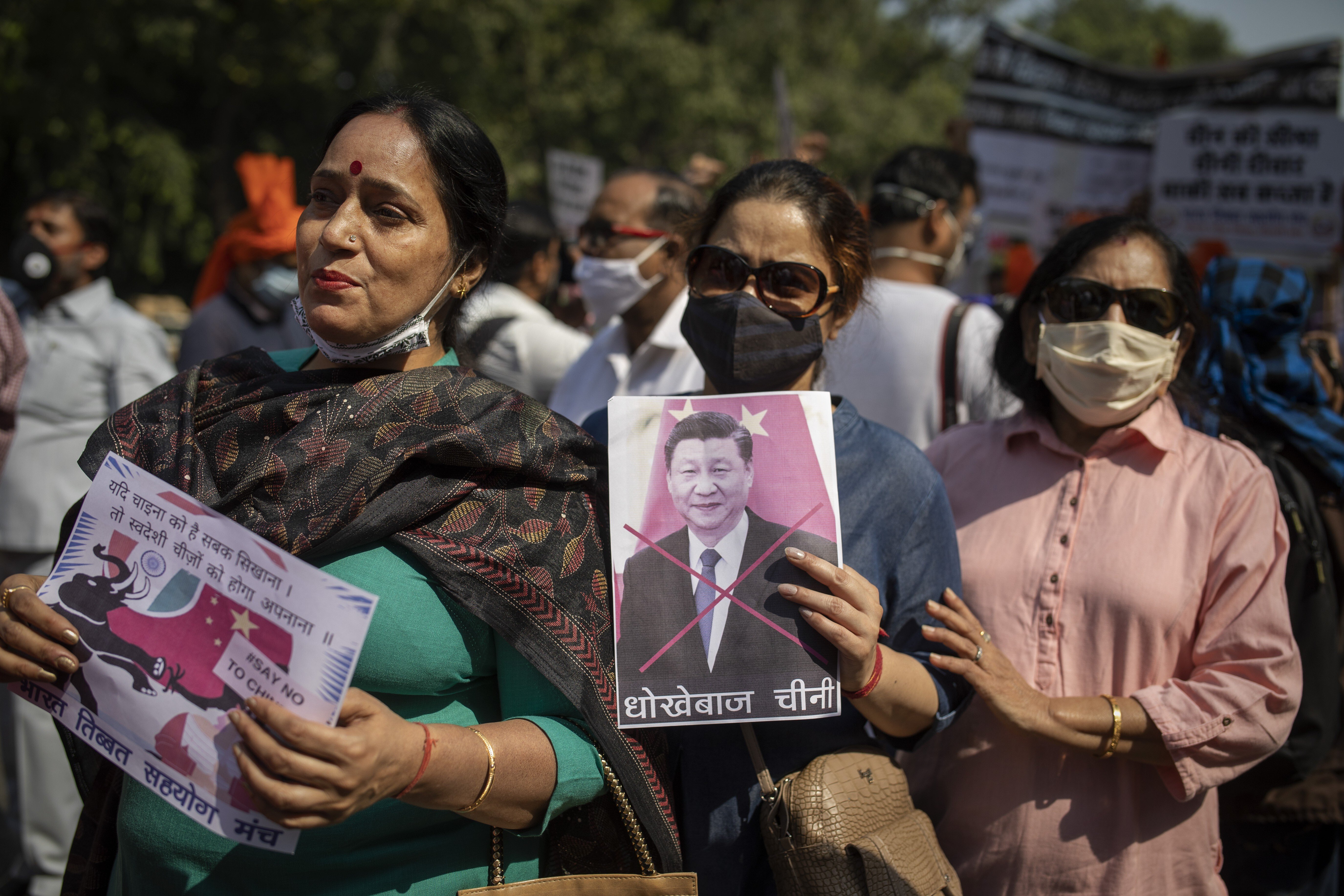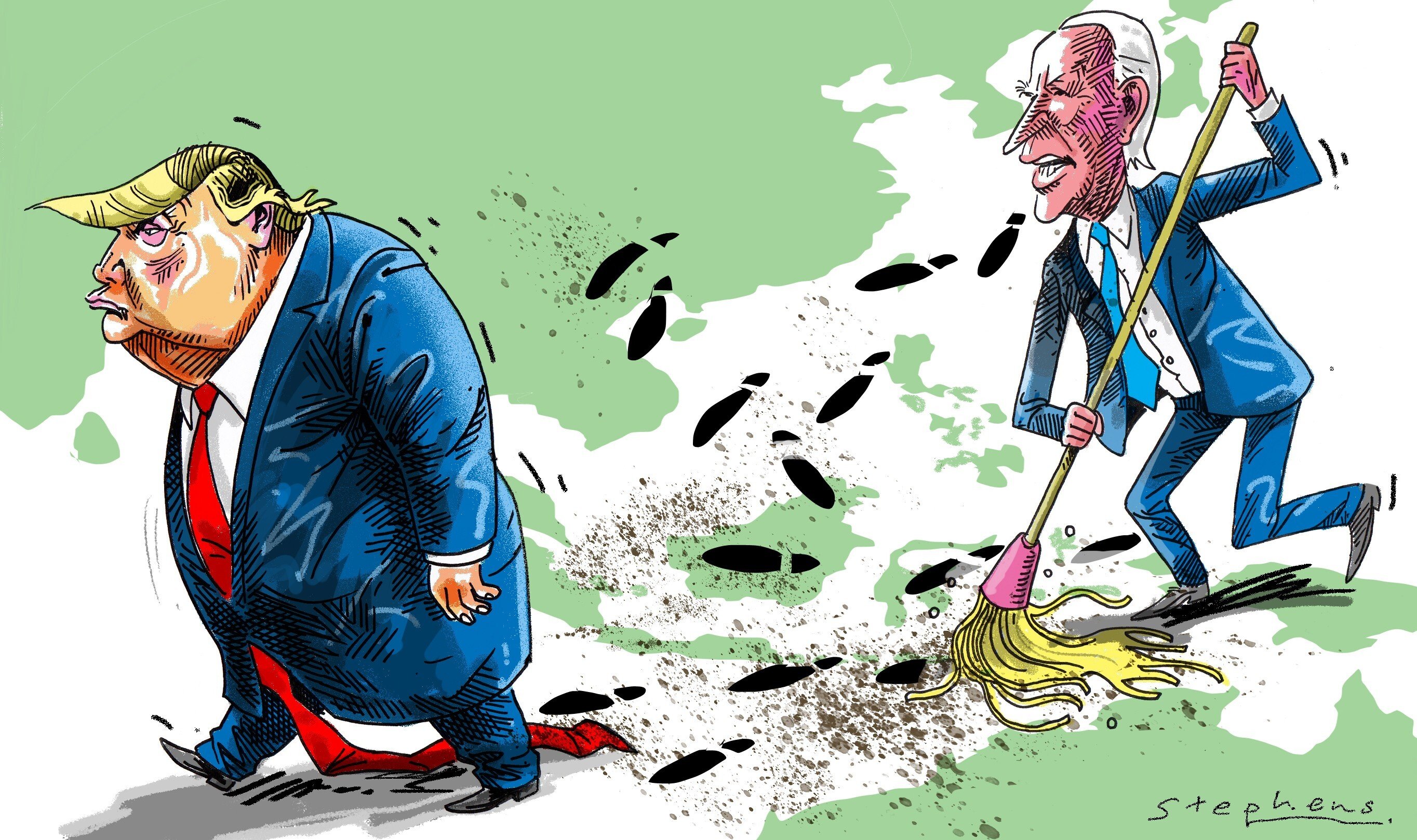Advertisement
Advertisement

Mohamed Zeeshan
Mohamed Zeeshan is a foreign affairs analyst based in Washington, DC, and the author of “Flying Blind: India’s Quest for Global Leadership".
Unrestrained regional powers jostling for control, building weapons and taking bolder risks are influencing trajectory of world politics.
Done right, Trump could strip US foreign policy of its sanctimonious rhetoric and avoid the strategic dilemmas posed by a values-based policy.
Nuclear arms on both sides of tensions can prevent escalations into outright war, as has been the case in South Asia.
The post-World War II global system cannot build consensus, prevent wars or impose costs on aggressors without involving the middle powers.
Advertisement
With increased global economic engagement, the US would not only benefit from trade but also the influx of people from around the world.
If the US wants to protect its influence in Asia, it must drive greater economic engagement with its regional partners.
Despite US efforts to isolate Russia and counter China, countries such as India and Vietnam are keen to keep counterbalances in play.
Bound by a democracy vs autocracy rhetoric, Biden has embraced the leaders of Israel and India despite serious human rights concerns, making the US liable to allegations of hypocrisy.
The US still has distinct advantages, including, critically, a growing population. But it must ease off sanctions and its single-minded focus on security.
Domestic instability could make New Delhi less willing to commit support to Washington against Beijing, which in turn could decrease US congressional support for a defence partnership with India.
Unlike India, South Korea is in lockstep with the US on Russian sanctions, Xinjiang and even Taiwan, and talk is turning to Quad membership. As the US-India gulf grows, the danger is that China might seek a thaw with India – and a weakening of the US alliance.
The frenzy and panic over such a minor threat leave question marks over how the US will respond to a more serious military crisis in Asia. The rapid breakdown in US-China dialogue also suggests allies such as Japan and South Korea would be left more vulnerable in case of conflict.
Attempts by the US to isolate rivals like China and Russia while reasserting its global leadership have led to protectionism in trade and questionable defence ties. The US should conversely be championing economic globalisation while being tougher on military partners who fail to uphold democratic values.
Tensions with the US and in the region, whether with India or in the South China Sea, will limit China’s ability to exert influence far and wide. These tensions must be managed well or Beijing may opt for a more muscular projection of its power.
For years, China focused on economic matters both at home and abroad, with the Belt and Road Initiative exemplifying that approach. But as its economic influence encounters roadblocks, there are signs of a pivot in Chinese diplomacy towards geopolitical wrangling and militarism.
Not only is Putin far from being universally shunned, his sympathisers include those suffering most from the food and energy crisis sparked by his war. Through well-placed propaganda, he has blamed Western sanctions for rising global poverty, a claim reinforced by the West’s own neglect of struggling nations.
With China’s economy bogged down amid Covid-19 lockdowns, now is the time for the US to reach out to Asia’s trade-dependent nations that are seeking help out of the pandemic-fuelled economic crisis.
Under Macron, France has championed an independent European foreign policy and expanded its footprint as an arms supplier. As the US frames its geopolitical battles in ideological terms, France could provide Asia’s illiberal democracies with a less difficult alternative.
Not only have US and European sanctions largely failed to make authoritarian governments toe the line, they have further entrenched those regimes and fuelled an East-West geopolitical rift. With the West’s influence waning, reviving multilateral dialogue with countries that do not share its norms may be the only way out.
For all the talk of bonhomie and cooperation, sources of tension remain between the two nations. Russia’s threats over Ukraine and activities in Central Asia risk instability in areas where China has significant economic interests.
With Washington distracted by political crisis at home, Beijing has steadily invested in the inevitable shift away from fossil fuels towards green energy. China’s control today of key minerals such as lithium and cobalt leaves the world with little option but to depend on it for at least the medium term.
India’s difficulties at home and strategic hedging abroad threaten to engender a trust deficit with Washington. If Delhi wants to increase its relevance in the region and guard against being overshadowed within the US-led security sphere, it must first fix its domestic failings.
Overtures to Pakistan, Kashmir and the Taliban are a significant shift in Modi’s foreign and security policy. If he is to sustain peace for any length of time, he will have to overcome significant trust deficits with groups Hindu nationalists have vilified.
At a time when India needs all the help it can get, its insecure, aggressive posturing is bizarre and counterproductive. India should focus on building its state capacity, and its foreign policy should make the world a partner in that effort.
The Quad’s investment in India’s vaccine manufacturing capacity shows the grouping could be a long-term partner in solving India’s developmental challenges. But New Delhi’s multi-alignment strategy might undermine the Quad’s willingness to invest in India.
India’s inconsistent foreign policy has alienated neighbours, with China becoming the default option for counterbalancing its primacy in South Asia. The lack of advocates for state-building gives India a chance to lead efforts in Myanmar and solidify its global standing.
India’s challenge will be to keep Biden committed to the Indo-Pacific, which means it must make itself more relevant to the US and its allies. Delhi should consider a more proactive policy in the South China Sea and vocally oppose Chinese militarisation.
The Regional Comprehensive Economic Partnership was an opportunity to recapture India’s success through economic liberalisation. Instead, it now finds itself isolated and has compromised its influence in the region.
India is using cautious rhetoric in the hope of easing tensions with China and maintaining the East-West balancing act. However, public outrage over a number of issues, including Indian soldiers dying in Ladakh, is complicating diplomacy.
Asian nations, for whom the Chinese threat is closer to home, would welcome a return to the US’ long-standing foreign policy traditions and global leadership instead of the transactional approach favoured by Trump.

